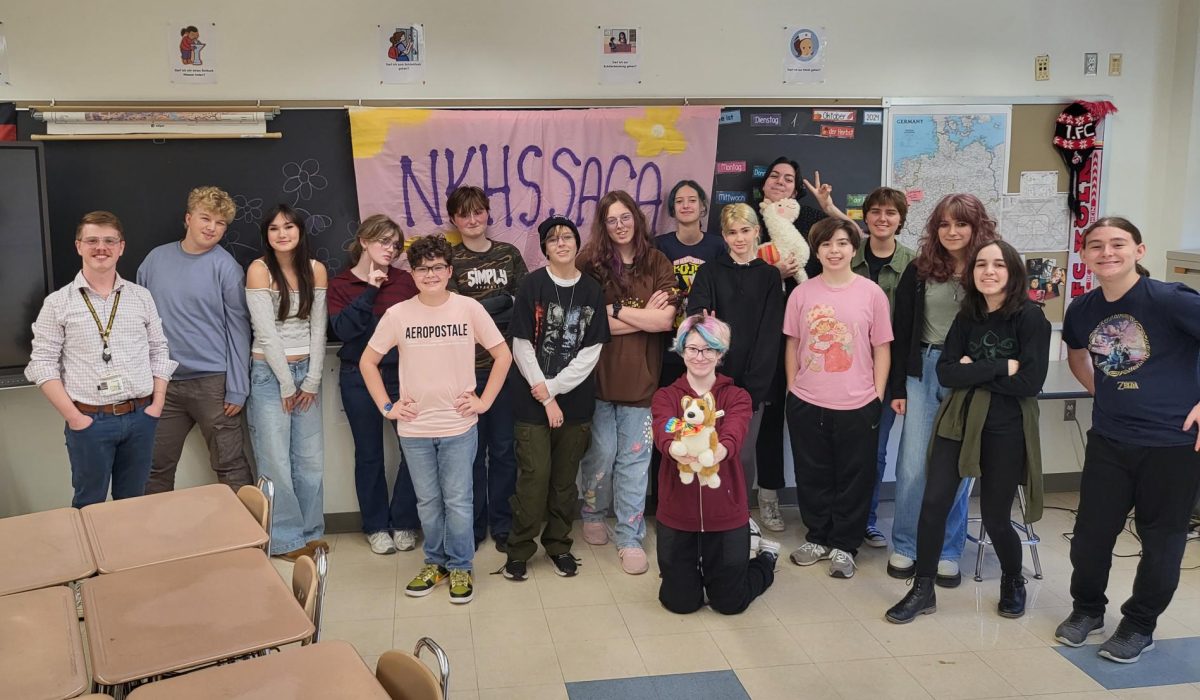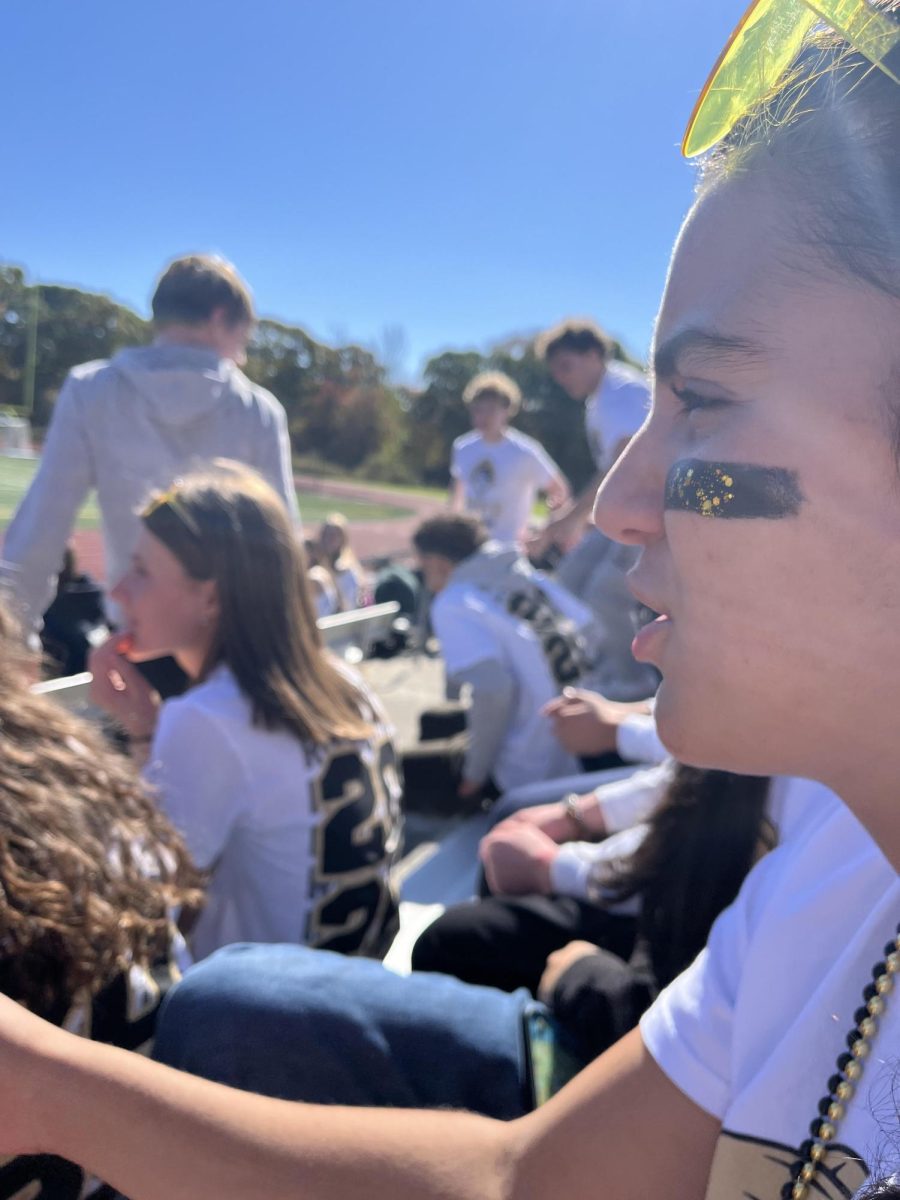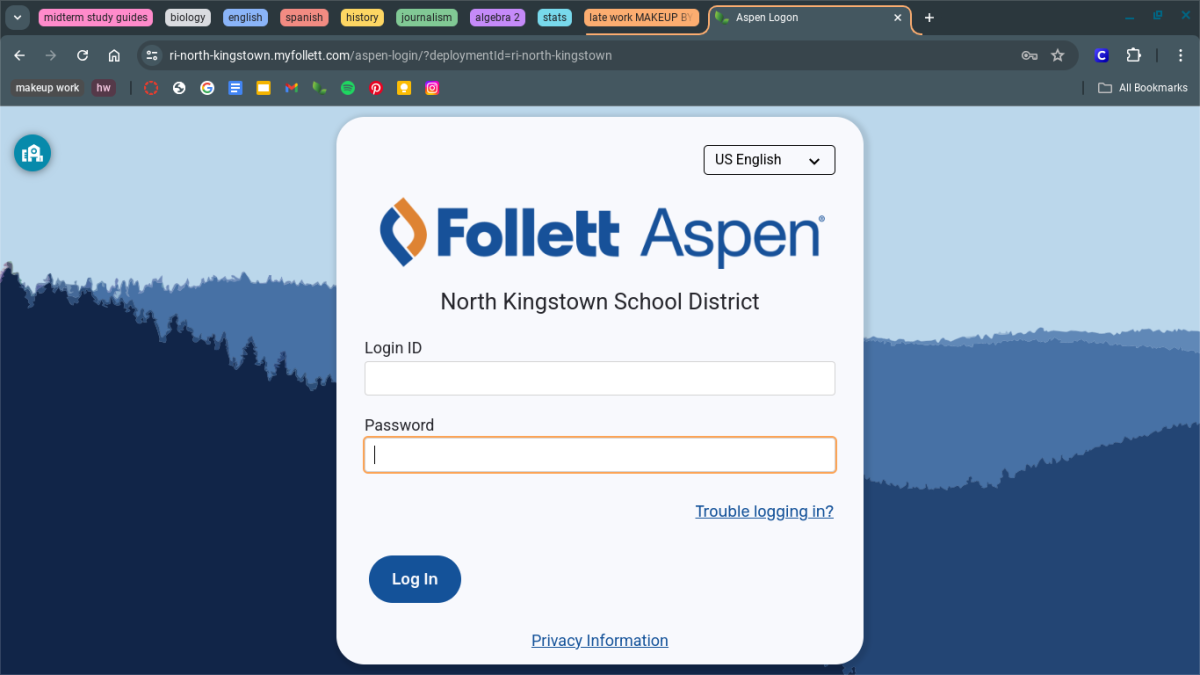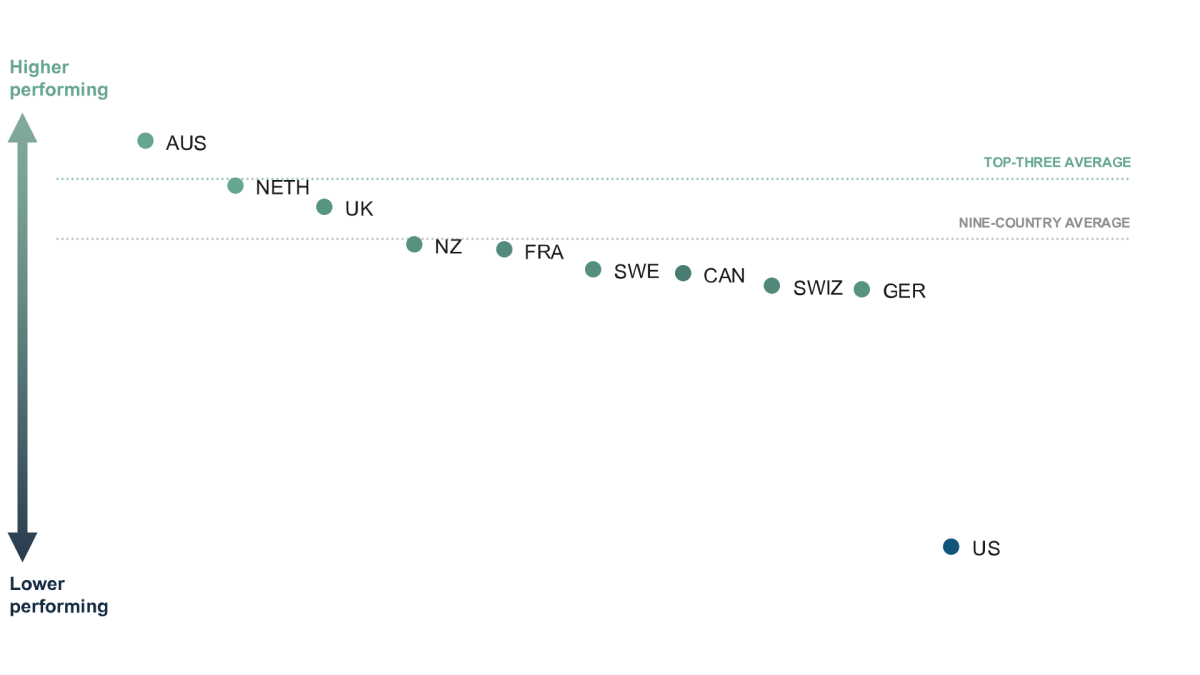A trick of tongues
The sun has long since crossed the horizon since the beginning of the lesson, but the student continues to sit and stare in front of him, not comprehending the words scrawled on the page. Slowly syllables stumble out of his mouth, tripping over each other to form one coherent word. “Be-beer… ber…beber!” Satisfied, the student sighs with a new found confidence. This is not a child learning his first language, but an adult learning his second.
Learning a new language is frustrating. It takes time and persistent effort, but if you’ve heard it once, you’ve heard it a thousand times: languages are the key to the world. According to a recent study published by Pennsylvania State University, bilingual individuals can outperform individuals who only speak one language in certain mental abilities, such as editing irrelevant details to understnad the main point of the information presented.
Similarly, a research group from the University Pompeu Fabra in Barcelona, Spain found that those who speak multiple languages are better at observing their surroundings than those who only speak one.
What are some other benefits of speaking multiple languages not noted in these studies? “I noticed that I’m more confident when communicating,” said Mr. Adam Laliberte, a Spanish teacher, “[When you learn a new language] you gain an understanding of cultural perspectives. When you do things like travel, you can appreciate the culture more by knowing and understanding the language present.”
Hannah Dukat, an AP Spanish student, said, “[Learning a new language] gives you more of a world view, especially when communicating, because you need to try to use new references and words when speaking with someone who may not completely understand you.”
The students of the German program know that well, especially those who have had the opportunity to study abroad. Every other year, German language students have the opportunity to participate in the German exchange program through the German American Partnership Program, the GAPP program for short. For the native English speakers at NK, the GAPP program ran this summer from June 10 to July 7.
“I really enjoyed going to Germany!” said Catherine Lennox, a German language student who traveled to Germany this past summer. “It was amazing to experience the language and culture I had learned about for three years in person. The experience is really eye-opening. It really allows you to have more of an open mind towards different cultures and people.”
The NK foreign language department isn’t the only option students have to study abroad; the US Department of State sponsors three study abroad programs for students to encourage linguistic skills and cultural respect in U.S. youth. These programs are expensive, but typically include international airfare, tuition, and program costs, as well as meals and living accommodations, which are often with a host family. The programs are the National Security Language Initiative for Youth (NSLI-Y), the Kennedy-Lugar Youth Exchange and Study Abroad (YES Abroad), and the Congress-Bundestag Youth Exchange (CBYX) with Germany. All three programs offer merit based scholarships to study languages that are less commonly spoken in America. Some examples include studying Arabic in Egypt or studying Turkish in Turkey and many more.
Now more than ever linguistic skills and cultural knowledge are important building blocks for young Americans to become effective leaders in a multicultural world. Senior Elizabeth Morrison who studdies Spanish and Japanese, said, “Learning a language, or languages, creates a bridge to a different world of cultures and people, adding more color and depth to the journey of life.”
Your donation will support the student journalists of North Kingstown High School. Your contribution will allow us to distribute a print edition of the Current Wave to all students, as well as enter journalism competitions.










